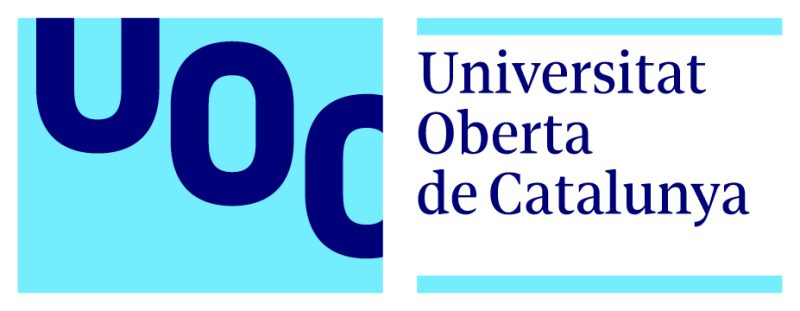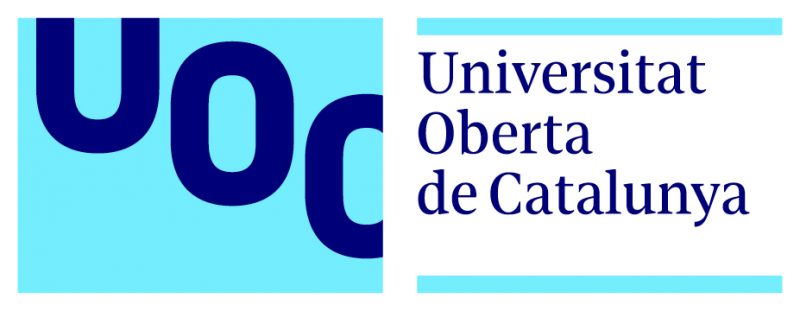El creciente compromiso y la intensificación del trabajo de algunos actores en torno a la acción humanitaria nacen de la necesidad de conseguir un mayor grado de responsabilidad ética y de calidad en las intervenciones. Es necesario, por lo tanto, descubrir cómo se estructura y se enfoca la acción humanitaria en los últimos tiempos, por medio de los elementos primordiales que la constituyen y, a su vez, la diferencian como instrumento.
La especialización de Técnico de acción humanitaria desgrana este rico ecosistema de un modo práctico y reflexivo para poder involucrarse de forma activa en este campo.
- técnicos del campo de la cooperación, tanto en sede como en terreno;
- voluntarios de entidades;
- licenciados, diplomados y profesionales de otros campos interesados en aplicar sus conocimientos en la cooperación;
- todas aquellas personas interesadas en complementar su formación personal para dedicarse al campo de la cooperación.
- Iniciativas de Calidad en la Acción Humanitaria (4 ECTS)
- Fundamentos de la Acción Humanitaria e instrumentos legales (3 ECTS)
- Estándares y buenas prácticas en la Acción Humanitaria (4 ECTS)
- Reducción del Riesgo de Desastres y Adaptación al Cambio Climático (4 ECTS)
- Ofrecer una formación técnica para adquirir competencias y capacidades en el ámbito de la acción humanitaria.
- Descubrir marcos, modos de actuar y herramientas vigentes en la respuesta humanitaria.
- Desarrollar un sentido práctico y operativo en el aprendizaje y la adquisición de conocimientos.
- Comprender la acción humanitaria mediante un proceso basado en el análisis de información, la reflexión compartida y la acción en temas de actualidad de este campo.
- Potenciar la participación, la argumentación crítica colectiva y el trabajo en red a partir del contexto de la acción humanitaria.
- Dynamic and flexible: it adapts and evolves continuously over time, allowing students to approach learning in a similar way to how they work and communicate on the internet.
- Focused on students and learning: the model is centred on learning environments that combine a variety of resources and working dynamics based on mentoring by the teaching team and interaction with fellow students.
- Continuous, constructive assessment: assessment activities help ensure the achievement of learning objectives and the development of skills.
- Collaborative learning: focussed on participation and collective knowledge-building, seeking a balance between the student's individual involvement and collaboration.
- Dynamic and flexible: it adapts and evolves continuously over time, allowing students to approach learning in a similar way to how they work and communicate on the internet.
- Focused on students and learning: the model is centred on learning environments that combine a variety of resources and working dynamics based on mentoring by the teaching team and interaction with fellow students.
- Continuous, constructive assessment: assessment activities help ensure the achievement of learning objectives and the development of skills.
- Collaborative learning: focussed on participation and collective knowledge-building, seeking a balance between the student's individual involvement and cooperation with others.
- Mentoring: the student is mentored by specialized faculty whose primary functions are to design, guide, promote and evaluate the entire educational process.
Spanish Level (B2)
The program is recognized by the Universitat Oberta de Catalunya.








